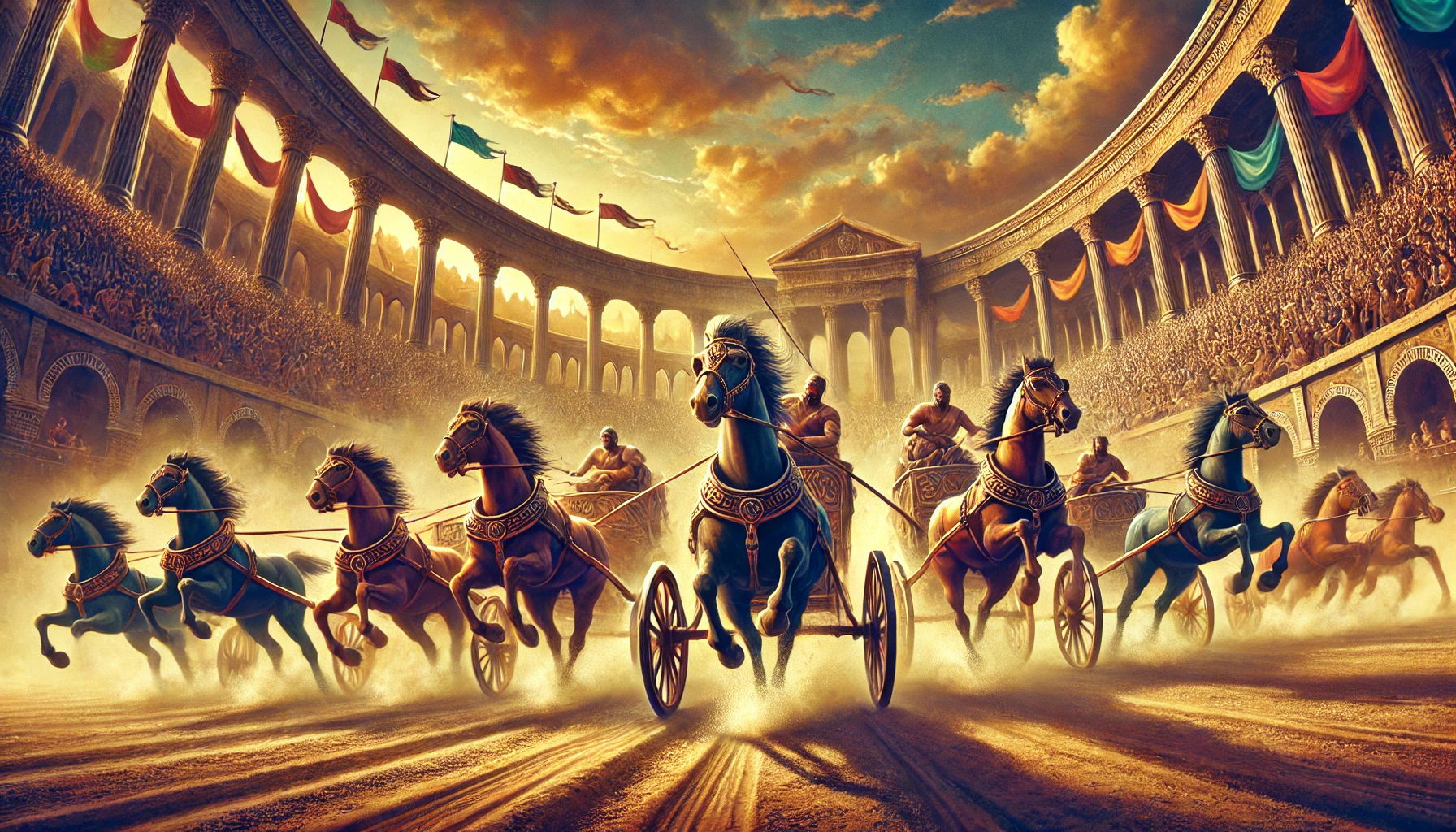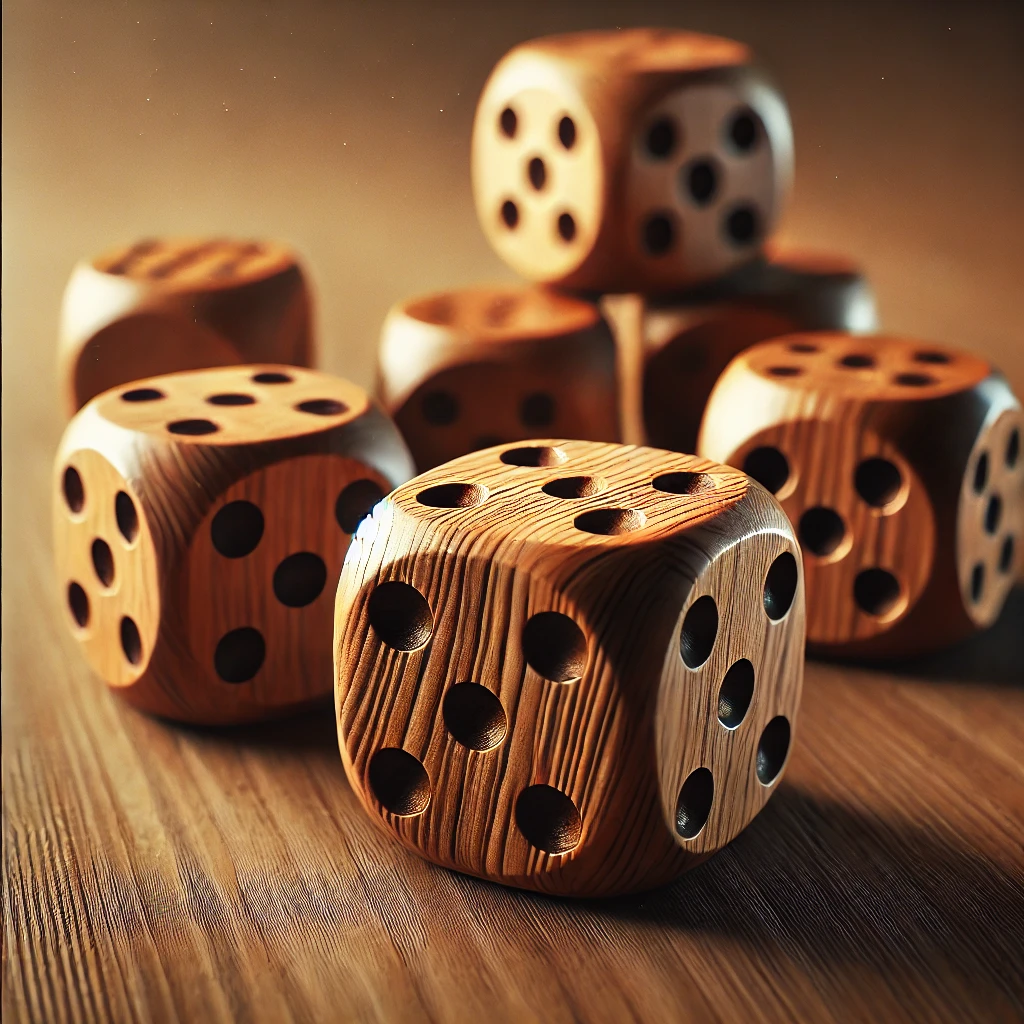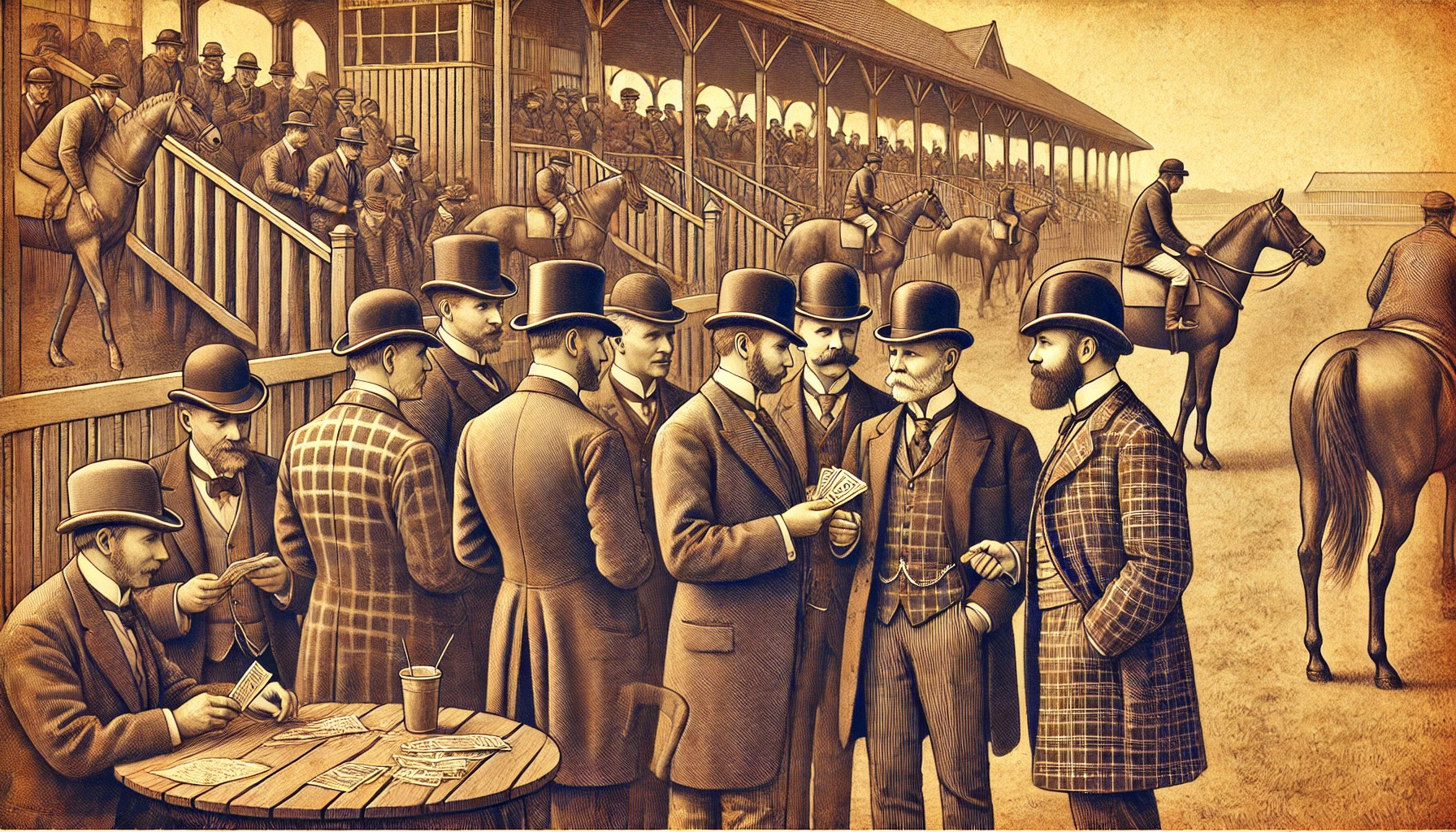This article includes gambling-related content. Irishblogs.ie is committed to providing accurate and responsible information. To ensure the highest standards of quality and safety, all gambling-related content is curated and verified by industry experts from search.casino. Please engage responsibly!
In the emerald heart of Ireland, where tales and traditions weave through the fabric of our nation, lies a deeply-rooted affinity for gambling. This age-old pastime, more than just a leisurely pursuit, is a testament to our enduring spirit and the thrill of chance that runs in our veins. Irish gambling, spanning centuries, is not merely a series of games or bets; it’s a cultural tapestry, richly interwoven with our history and identity. It reflects our love for excitement and community, standing as a beloved hallmark of Irish life. As we delve into this vibrant aspect of our heritage, we celebrate not just the games we play, but the undying Irish spirit that enlivens them.
A Look Into History of Gambling in Ireland
The history of gambling in Ireland [wiki] is a rich tapestry that reflects the nation’s cultural heritage and love for excitement and chance. From ancient times, gambling has been an integral part of Irish culture, evolving through various forms and information over the centuries.
Let’s see how the Irish gambling world was looking before roulette, blackjack and even poker did not exist. A story of gambling activities: from the “no jackpot” and “no wager” era to the modern times…

The chariot and horse race in old times; Imagined by DALL-E
Ancient Times
In the misty past of Ireland, long before the modern era’s bustle and noise, gambling was already a cherished part of life. The story of Irish gambling begins in the era of the High Kings, around 110 BC to 60 AD, under the rule of Conaire Mór. It was a time when the Irish people, deeply connected to their land and traditions, found excitement and community in the thrill of gambling.
The most popular form of gambling in these ancient times was betting on chariot races, similar to the horse racing that captivates many today. These races weren’t just sports events or something just about money; they were grand social occasions, where communities came together. No restrictions or any body that regulates this activity was not created yet. The Curragh in County Kildare, now a famous horse racing and breeding ground, played host to these races, establishing a tradition that has lasted for centuries.
But the Irish didn’t limit their gambling to the racetracks. The Celts, Ireland’s ancient inhabitants, also engaged in dice games, an indication of a culture where gaming was a part of everyday life. Carved wooden pieces found in archaeological digs whisper tales of nights spent around fires, dice in hand, as stories and laughter filled the air.

A wooden dices
One of the most legendary games from this period was Fidchell, believed to be invented by Lugh, the god of light and inspiration in Irish mythology. This game, which translates to ‘Wood Wisdom’, was more than a mere pastime; it was a test of strategy and intellect, played and revered by gods, royalty, and druids alike. The legend goes that Fidchell could play itself magically, with great events often hinging on the outcome of a game. Played on a board representing the provinces of Ireland, it was a symbol of the land and its culture.
The legacy of these ancient games is not just in their rules or play but in the way they brought people together, reflecting a society that valued community, skill, and the simple joy of play. This era laid the groundwork for a gambling tradition that has become an integral part of Irish culture, enduring through the ages and evolving into the diverse forms we see today. From the chariot races at the Curragh to the mystical boards of Fidchell, these ancient forms of gambling tell a story of a people deeply connected to their heritage, a heritage where gambling was as much a celebration of life as it was a pastime.
The Irish Gambling Scene of Medieval Period
As the medieval period unfolded, the Irish gambling scene took on new dimensions. Locals, known for their love of sports and community gatherings, began to bet on hurling matches. Hurling, a fast-paced and ancient field game native to Ireland, offered an exciting avenue for gambling, merging the thrill of sport with the suspense of wagering. This integration of gambling with traditional Irish sports reflects the deep connection between the nation’s cultural practices and their love for a bit of risk and excitement.
Alongside the rise of sports betting, the medieval period in Ireland also witnessed the arrival of card games, adding a new layer to the gambling culture. These games, brought to Irish shores by travelers and traders, quickly captured the imagination of the Irish people. Among them were poker and brag, which not only offered a new form of entertainment but also a fresh avenue for gambling. The introduction of card games was a significant shift in the gambling landscape, as it brought a different kind of skill and social interaction to the forefront.
The fascination with card games was not unique to Ireland; it was a phenomenon spreading across Europe. Originating around the year 1200, cards were believed to have been introduced by mystical figures like witches and soothsayers. These early cards were thought to be imbued with spells and influence, adding a layer of mystique and allure to their use in gambling. This mystical aspect likely contributed to their appeal and the rapid growth of card gaming as a popular form of gambling not just in Ireland, but across Europe.
Going Forward into 18th and 20th Century of Ireland
As the 18th and 19th centuries unfolded in Ireland, the nation’s passion for gambling found a new heartbeat in the form of horse racing. This period marked the ascension of horse racing to a prominent position in Irish culture, intertwined with the nation’s identity and social life.
By the mid-17th century, horse races in Ireland had gained competitive edge and popularity, with King Charles II in 1666 introducing races where the fastest and strongest horses competed over four miles while carrying a weight of 12 stones. This move made horse racing more competitive and popular, leading to an increased presence of bookies and betting in Ireland during the English colonization period. This development was crucial in embedding horse racing deeply in Irish culture, with the Curragh Racecourse at its heart, symbolizing the long and storied history of Irish horse racing.

The Betting Act of 1926; Imagined by DALL-E
Moving into the 20th century, the landscape of gambling in Ireland experienced significant legal and regulatory changes. The Betting Act of 1926 marked the first major legislative step in regulating gambling, laying the groundwork for future regulations and laws. This Act (or bill) was a turning point, signaling the Irish government’s acknowledgment and willingness to regulate the gambling industry. Despite this law, the focus on growing the online gaming industry became significant only after 2015, indicating a gradual yet steady evolution in the country’s approach to gambling regulation.
Interestingly, land-based gambling in casinos was technically illegal in Ireland due to the 1956 Gaming and Lotteries Act. However, the Irish love for gambling found a way around this through the establishment of members’ clubs, which allowed casino services to be offered legally. This loophole demonstrated the Irish propensity to adapt and continue their gambling traditions despite legal constraints.
The introduction of the National Lottery in 1986 was another landmark event in Ireland’s gambling history. It not only provided a new form of gambling but also brought with it scratch cards, raffles, and bingo. The National Lottery became a common pastime across the country, reflecting the Irish population’s enduring enthusiasm for gambling in its various forms.
In sum, the 18th and 19th centuries in Ireland were marked by the rise of horse racing and betting, establishing a strong cultural connection with these activities. The 20th century saw the evolution of legal gambling, with significant regulatory changes and the introduction of the National Lottery, reflecting the Irish passion for gambling and their adaptability to changing legal landscapes.
The Modern Switch to Online Casino Gambling in Ireland
The current state of gambling in Ireland is a vibrant tapestry, woven with over 25 casinos and numerous bookmakers, each offering a unique experience to the gambling enthusiast.
Irish gamblers spend an average of €4,000 per year on betting activities.Over 80% of adults in Ireland participate in some form of gambling each year (bookmaker bets, casino games and other).
According to search.casino statistics
In recent years, the focus has notably shifted towards online gambling. This transition isn’t just a mere change of platform; it’s a leap into a realm of unprecedented convenience and variety. Online casinos in Ireland have seen a significant boom, particularly since legislation changes six years ago that allowed more suppliers to offer their services. These virtual casinos, like their brick-and-mortar counterparts, provide a range of gambling experiences, from slot machines and table games to specialized niches like Irish slots and online poker sites.
The allure of these online platforms lies in their accessibility and technological advancement. With roughly 3.6 million regular smartphone users in Ireland, online casino games are now more accessible than ever. They can be played anytime and anywhere, providing the thrill of gambling at the tap of a finger. This convenience has led to a 38% increase in the number of people registering to play in online casinos in Ireland in just a year, highlighting the rapid growth of this sector.
High roller online casinos have particularly made a mark in Ireland. These platforms cater to players who are not afraid to place large bets, offering exclusive games and extravagant bonuses. They bring the luxury and exclusivity of traditional casinos straight into the palms of players, contributing to their growing popularity. The Betting (Amendment) Act of 2015, which regulates online bookmakers and betting exchanges, has provided a strong legal and regulatory framework for these online gambling entities. This legislation requires all operators targeting Irish customers to acquire licenses, ensuring a safe and regulated environment for online gambling.
Despite the surge in online gambling, the popularity of live gambling establishments remains unwavering. Betting and gambling have always been integral to Irish culture, with sports betting taking a forefront position. Most gambling enthusiasts still prefer visiting bookmakers on site, with online offerings being less interesting to them. This preference has led to a legalized gambling environment in Ireland, where gambling has long been a part of social and cultural life.
As a result of this growing online presence, new laws and regulations have been implemented, focusing on advertising, setting minimum age limits, and ensuring consumer protection. These regulations are crucial given the vast amounts involved in gambling in Ireland. For instance, in 2019, almost ten billion euros were invested in gambling, with nearly half of this amount going to casino operations, slot machines, and bingo. The new legislation purpose is to support charity projects and non-profit organizations through funds generated from gambling, showcasing the government’s effort to balance consumer protection with the benefits of the gambling industry.
The latest talks about gambling activities turned into an agreement of the Irish government (Oireachtas) to create their own Gambling Regulatory Authority of Ireland – GRAI. It should come to life in 2024. The main focus is turned on to improving gambling laws, creating compliance mechanisms, controlling gambling services and gambling advertising and sponsorship (especially in the betting area), and, for sure, keeping pushing increasing information about responsible gaming and increasing every person awareness abut possible harm that this habit causes for those who are seeking easy winnings.
Unraveling the Irish Love for Gambling through the Ages
Ireland’s passion for gambling is a tale interwoven with cultural heritage, social interaction, and the evolution of technology. The Irish, known for their love of games and friendly wager, have always found joy in the thrill of gambling, dating back to ancient times. Games like fidchell and banshee, although different from modern gambling, laid the groundwork for a nation fond of strategic and chance-based games – or the games of chance, with low odds to winnings, but with chance to hit a jackpot, sure thing.
Research has shown that the combination of Ireland’s rich history of gaming, the lively atmosphere of local pubs, and the convenience of online platforms has fueled the growth of Irish gambling industry. Hopefully, in addition to all above, the industry has also been influenced by a growing emphasis on responsible gambling education, aimed at ensuring the well-being and safety of players. The fight against problem gambling has become a priority, with efforts focused on providing comprehensive support and resources for those who may be facing addiction
Wherever you go and whatever you do, may the luck of the Irish be there with you
Irish wise saying
The famous phrase “the luck of the Irish” encapsulates this affinity, positioning gambling as a popular form of entertainment in Ireland. Sports betting, particularly on football, rugby, horse riding, and cricket, is widely embraced. The nation’s profound connection with horse racing, a tradition deeply ingrained in its culture, further fuels this passion. The Irish people’s love for horse racing, and the accompanying betting, is more than just a hobby; it’s a part of the nation’s identity.
The rise of online gambling has added a new dimension to this long-standing tradition. The advent of the internet and the proliferation of online gambling platforms have made gambling more accessible and convenient. Irish gamblers now have the freedom to place bets from anywhere, transcending the confines of physical betting shops or racecourses. This technological transformation has not only facilitated access to gambling but also preserved its social aspect. Online platforms, with their chat rooms and community forums, provide a space for players to connect, share experiences, and bond over their shared interest in betting and gambling.
Advertising by gambling operators in mainstream and digital media has further normalized gambling in Irish society, promoting it as a socially acceptable and enjoyable activity. While the government steps in to regulate the online gambling industry for consumer protection and fair play, the public opinion on gambling remains diverse. Some view it as a harmless pastime, while others are wary of the social consequences of increased access to online betting.
What stands out in the Irish approach to gambling is not just the act of betting itself but the cultural and social significance it holds. Gambling in Ireland is more than a pastime; it’s a reflection of the nation’s history, a catalyst for social interaction, and a testament to the adaptability of the Irish spirit in embracing technological advancements. This blend of tradition, social interaction, and modern technology captures why the Irish have such a passion for gambling.
